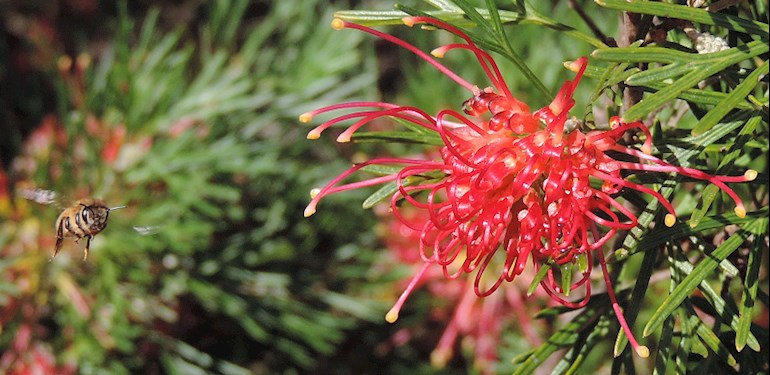I quite often refer to the above guidelines when questions arise about treatment, but it is well worth becoming acquainted with the whole document, because it encapsulates international expertise in the best practices for diagnosing and looking after those with CLL. If your specialist recommends something not mentioned in this document to manage your CLL, then I would recommend you first asking why and if not satisfied with the answer, seeking a second opinion. I would suggest that there would need to be good reasons, based on recent clinical trial findings or plenty of personal experience with CLL patients, before accepting a significant departure from the joint recommendations from some of the world's best minds on CLL. Those might well relate to possibly starting treatment earlier on the novel non-chemotherapy drugs, because there was the expectation that this option might appear in the 2018 version.
ashpublications.org/blood/a...
Professor Susan O'Brien, of Irvine, the University of California, provided an overview of the history of this document and the changes incorporated in the version released in 2018 here: hematologyandoncology.net/s...
Neil
This is an unlocked post, so it can be found via an Internet Search
Photo: Bee approaching grevillea flower
